Frequently Asked Questions
1. What is the cultural significance of knives?
2. How are knives used in cooking across different cultures?
3. What role do knives play in rituals and symbolism?
4. How has the perception of folding knives evolved in modern times?
5. What educational opportunities are available for learning about knives?
Throughout history, knives have played an essential role in various cultures around the world. They are not merely tools for cutting; they represent identity, craftsmanship, and artistry. From the intricate designs of folding knives to the utilitarian shapes of survival knives, each one tells a story embedded in the fabric of its culture. In this blog, we will explore the diverse cultural significance of knives worldwide, highlighting their meaning, usage, and artistic expression.
The Role of Knives in Different Cultures
Knives have served multiple purposes across various cultures, often transcending their functional use. Here are some key areas that highlight their importance:
Cooking and Culinary Traditions
In many cultures, knives are central to culinary traditions. For example, chefs in Japan take pride in their exceptional knives, known as deba or yanagiba, which are specially designed for precise cuts and sushi preparation. Similarly, in Italy, a well-crafted chef's knife is revered in home kitchens, essential for the preparation of regional dishes. The craftsmanship and maintenance of these knives are a testament to the cultural respect for food preparation.
Symbolism and Rituals
Knives often symbolize various themes, such as power, protection, and even braveness. In some aboriginal cultures, knives are used in rituals to signify maturity or the transition into adulthood. These traditions emphasize the knife's role as not just a tool but as a token of responsibility and self-sufficiency. For instance, knives like folding knives are sometimes gifted to young men in indigenous cultures to symbolize their readiness to serve and protect.
Craftsmanship and Artistry
The artistry behind knife-making is another essential aspect of cultural significance. Regions known for their *handmade knives* often have dedicated artisans focusing on the craft. In places like Solingen, Germany, and Seki City, Japan, knife-making has been honed into a fine art form, with intricate designs and superior materials resulting in functional pieces of art. Collectors and enthusiasts appreciate these works, not just for their utility but for the heritage and skill involved in their creation.
Knives Across Continents
Knives take on different forms and meanings around the globe. Let’s delve into some regions to understand how knives, especially folding knives, shape cultural identities.
Asia – A Blend of Utility and Art
Asia is home to some of the most renowned knife-making traditions. Japanese samurai swords, though primarily for combat, have become symbols of honor and cultural identity. The craftsmanship involved in creating these weapons is deeply respected, with techniques passed down through generations.
In contrast, folding knives, commonly used in daily tasks, are also celebrated. The Japanese Higonokami folding knife is a great example that showcases simplicity and functionality while reflecting traditional craftsmanship. The manner in which these knives are designed indicates a blend of aesthetic and practicality that’s highly valued in Japanese culture.
Africa – Tool of Trade and Survival
African cultures often use knives as multipurpose tools. From crafting to hunting, knives play an essential role in survival and trade. The Maasai of Kenya use ornate knives, not only for daily operations but also as symbols of social status. Intricately designed blades are often passed down through generations, representing lineage, family, and heritage.
Moreover, folding knives are becoming increasingly popular among African craftsmen, bridging traditional designs with modern functionality, allowing for versatility in daily life.
Europe – A Nod to Historical Significance
In Europe, the cultural significance of knives varies widely. For instance, the famous Swiss Army knife is not just a tool; it has become a cultural icon representing ingenuity and practicality. Similarly, the Scottish Dirk, a type of knife often worn as part of traditional dress, symbolizes bravery and honor in Scottish heritage.
Craftsmanship extends to artisanal workshops across Europe, where knives are handmade with great attention to detail, embodying the heritage of various European cultures. The fusion of design and utility speaks volumes about the regional identities intertwined with their unique styles of knives.
The Evolution of Knives in Modern Times
As societies evolve, so do tools like knives. The transition from functional items to collectibles showcases the adaptability of cultural artifacts. Consider the innovations surrounding folding knives, which have transformed radically from simple, straight blades to highly sophisticated tools featuring multiple functions. This evolution not only reflects technological advancements but also shifts in lifestyle and usage.
Folding Knives: Their Modern Adaptation
Folding knives, once viewed purely as practical tools, now serve various roles. They cater to outdoor enthusiasts, collectors, and even fashion aficionados. Their compact nature makes them accessible and useful, echoing a blend of heritage and modernity.
In urban settings, folding knives are often seen as essential accessories for adventurers and everyday users alike. While they retain their functionality, folding knives carry the artistic flair and impressive design that appeal to a modern audience. Crafted from quality materials, many folding knives offer aesthetic appeal along with their multi-functional capabilities.
Knives as Collectible Artifacts
The rise of the internet has enabled enthusiasts to connect, share, and grow their collections. Classifying knives based on their origin and significance has become a popular trend. Collectors often seek folding knives that reflect not only their practical uses but also the unique craftsmanship that speaks to various cultures.
Education Through Knives: Workshops and Demonstrations
In a world where culinary arts and knife-making are increasingly regarded as crafts to be respected, many workshops are now available for those interested in exploring these skills. Schools, local artisans, and culinary institutes often offer educational sessions on knife skills, safety, and even the history behind craftsmanship.
Participating in such workshops not only helps individuals hone their skills but also deepens their appreciation for the artistry involved in knife-making and usage. Moreover, these programs serve to raise awareness of cultural significance and the stories behind these tools.
Community Engagement and Cultural Festivals
Community events and cultural festivals frequently showcase the significance of knives within specific traditions. Demonstrations of knife-making, cooking competitions, and the wearing of traditional attire that includes knife elements provide a rich tapestry of learning experiences for attendees. These events celebrate the unity and diversity surrounding knives, allowing participants to connect with their heritage.
The Future of Knives in Culture
As we look towards the future, the cultural significance of knives reflects both continuity and change. The emphasis on sustainable practices in knife-making can spark a renewed interest in traditional methods while prioritizing the environment. The resurgence of handcrafted knives caters to a growing appreciation for artisan craftsmanship, encouraging individuals to cherish stories behind handmade tools.
Additionally, as global connectivity increases, the sharing of knife culture across borders brings about collaboration in designs and techniques. This fusion creates rich dialogues about utility, artistry, and culture, perhaps leading to the emergence of new traditions and practices surrounding knife use.
Unlocking the Endless Stories of Knives
Knives have served as tools, symbols, and artistic expressions throughout history. The cultural significance embedded in their designs and uses tells a story that transcends mere function. By understanding and appreciating the multifaceted role that knives, and especially folding knives, play in cultures around the globe, we foster a deeper connection to the artistry and craftsmanship they represent. So the next time you pick up a knife, remember that you’re holding a piece of history, culture, and identity in your hand.






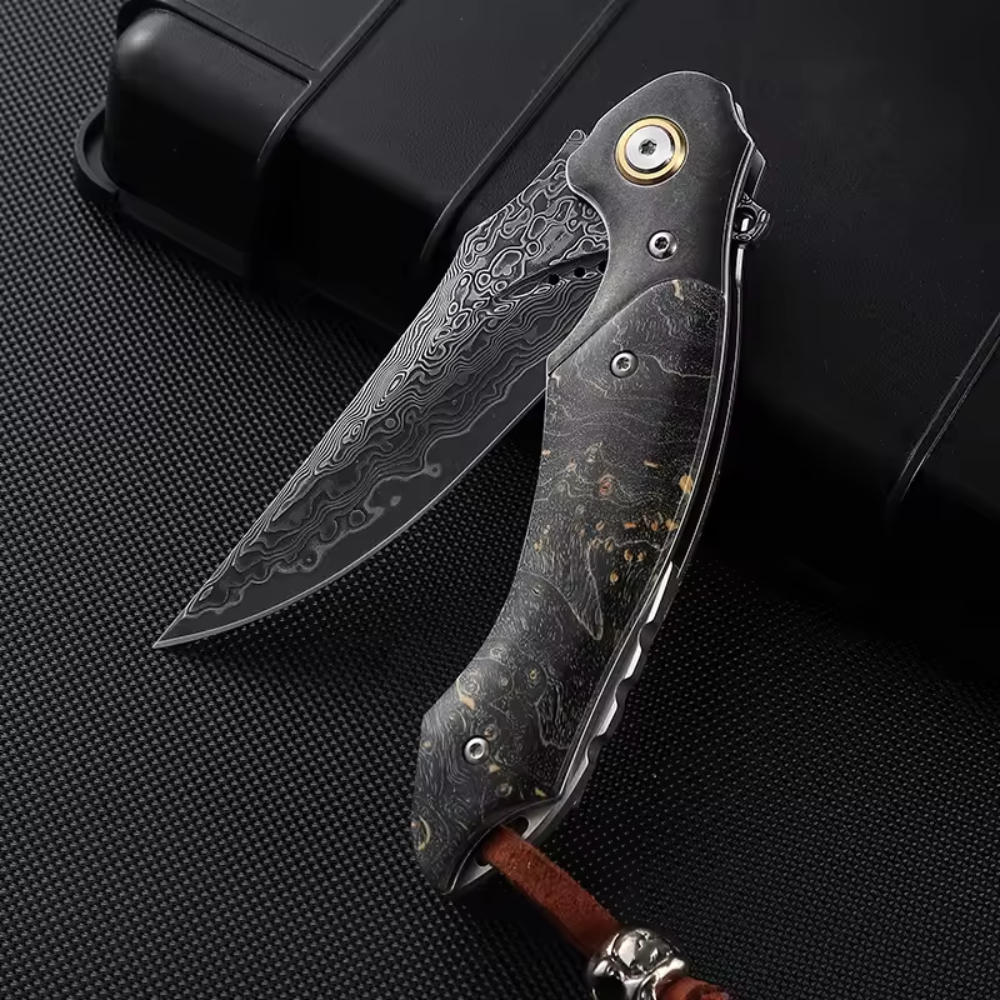
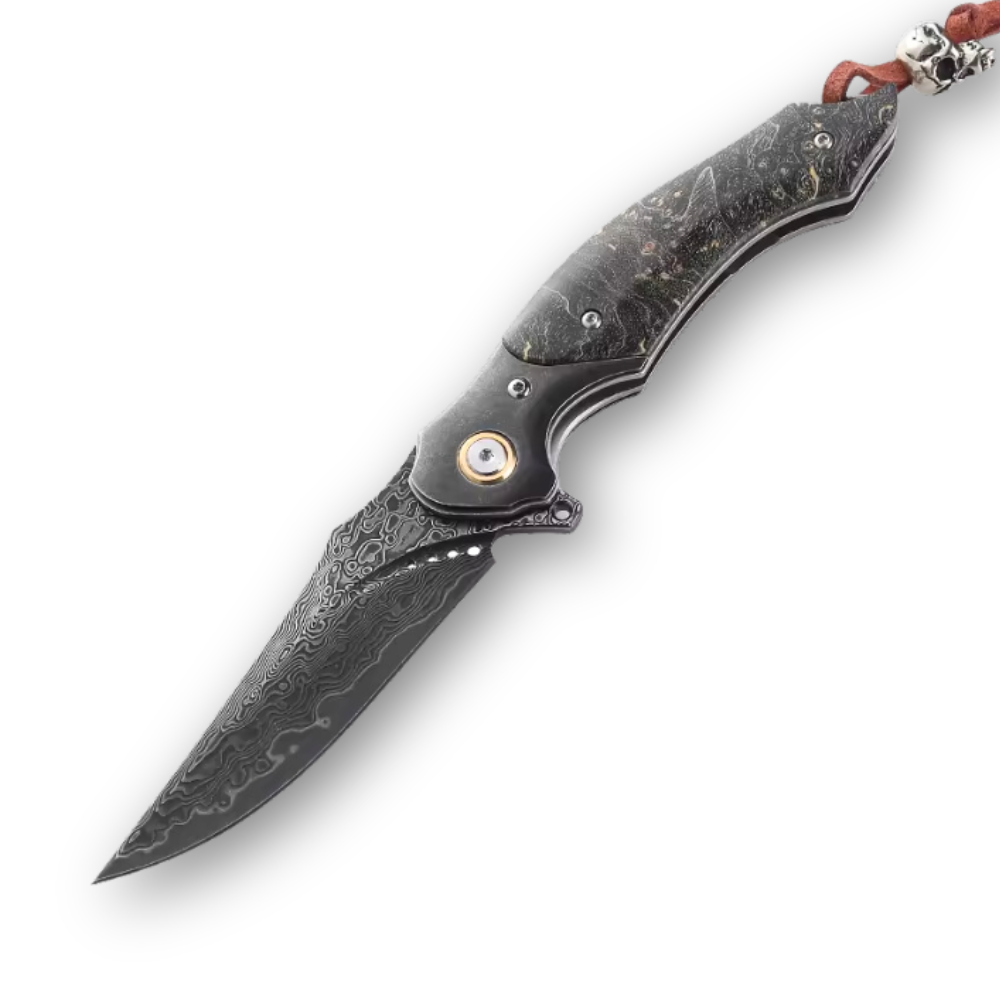
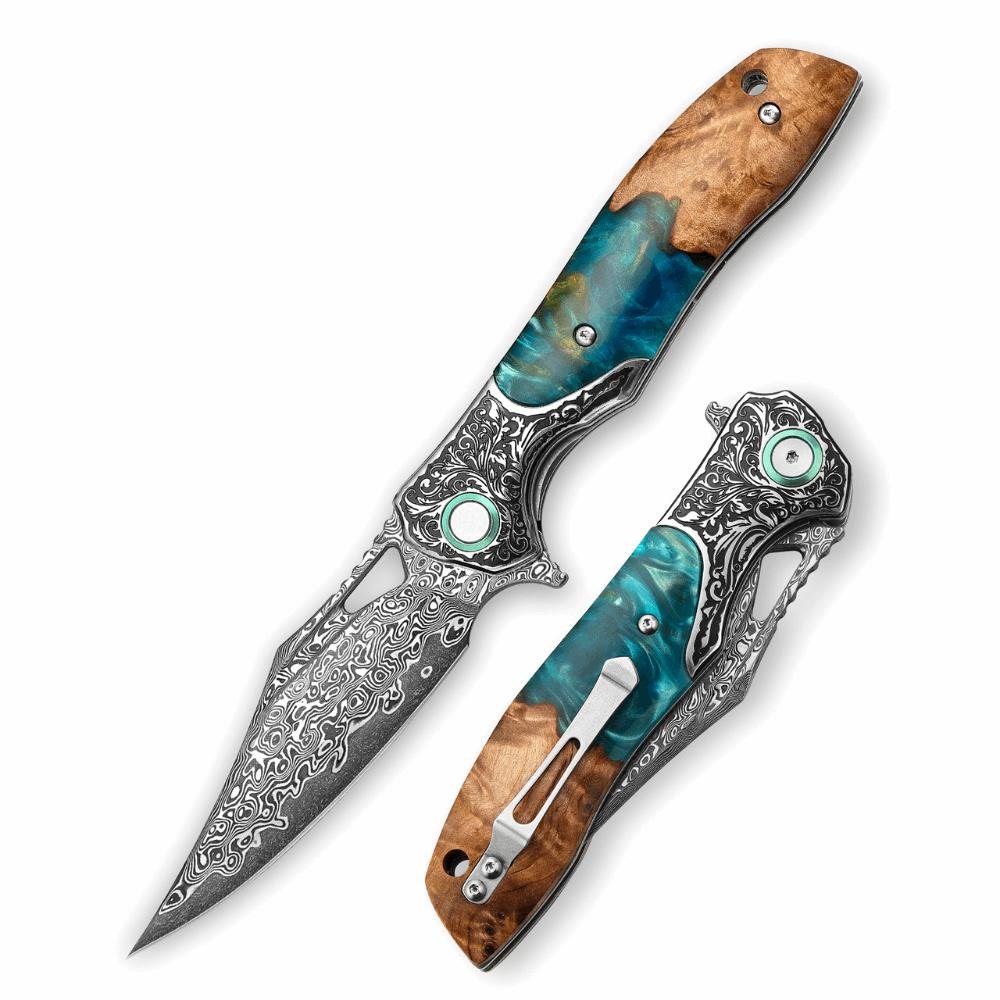
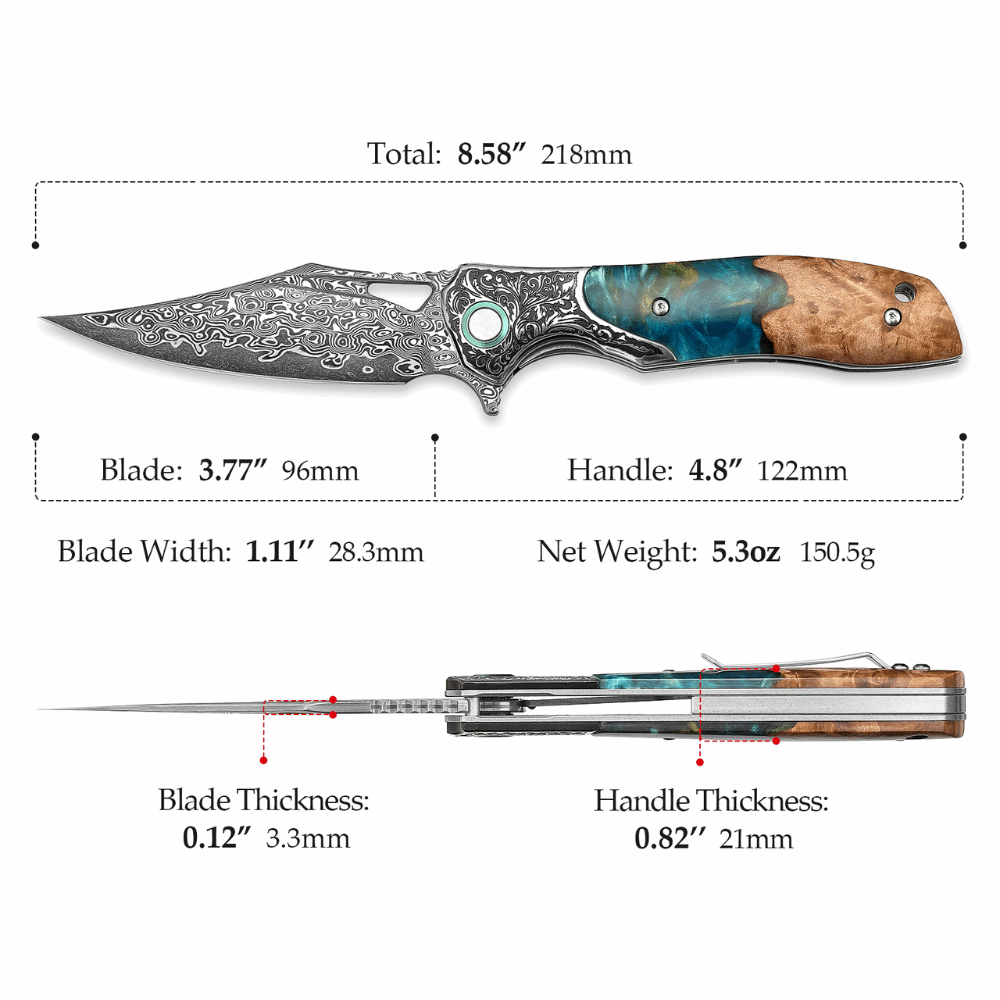
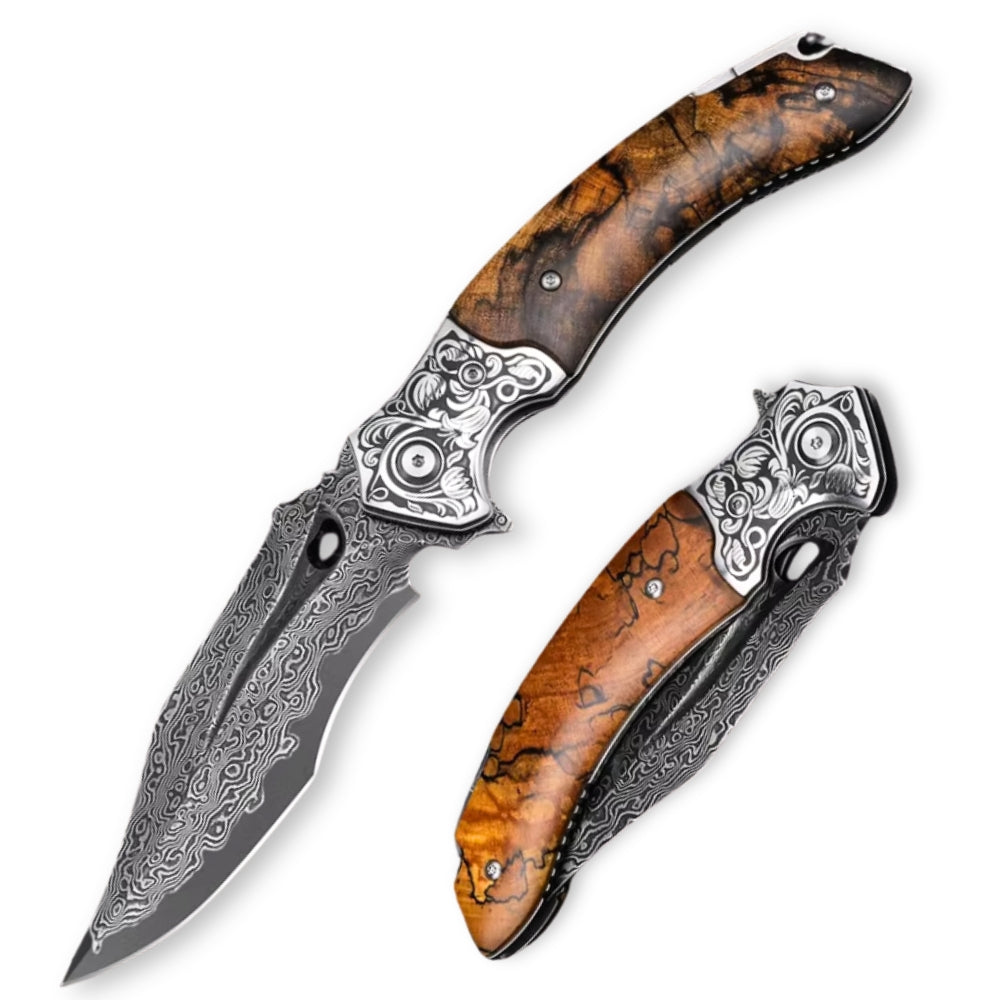
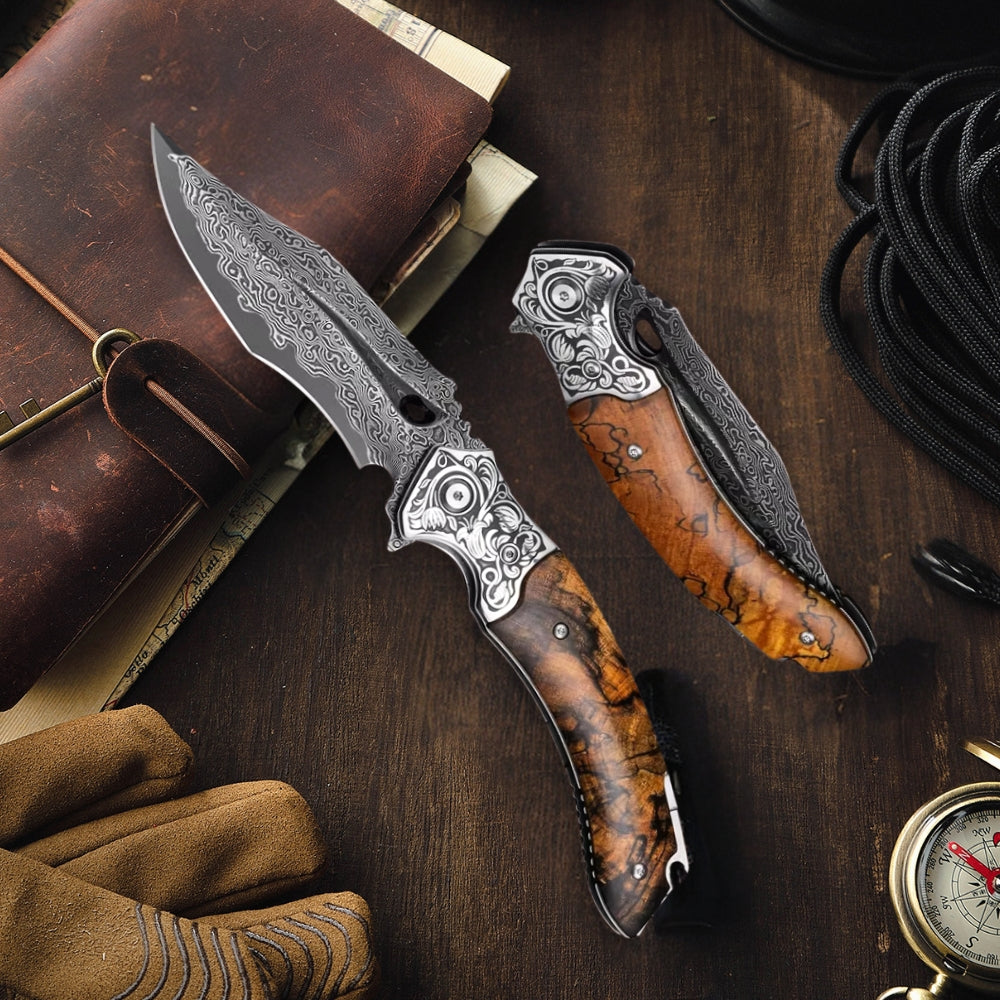
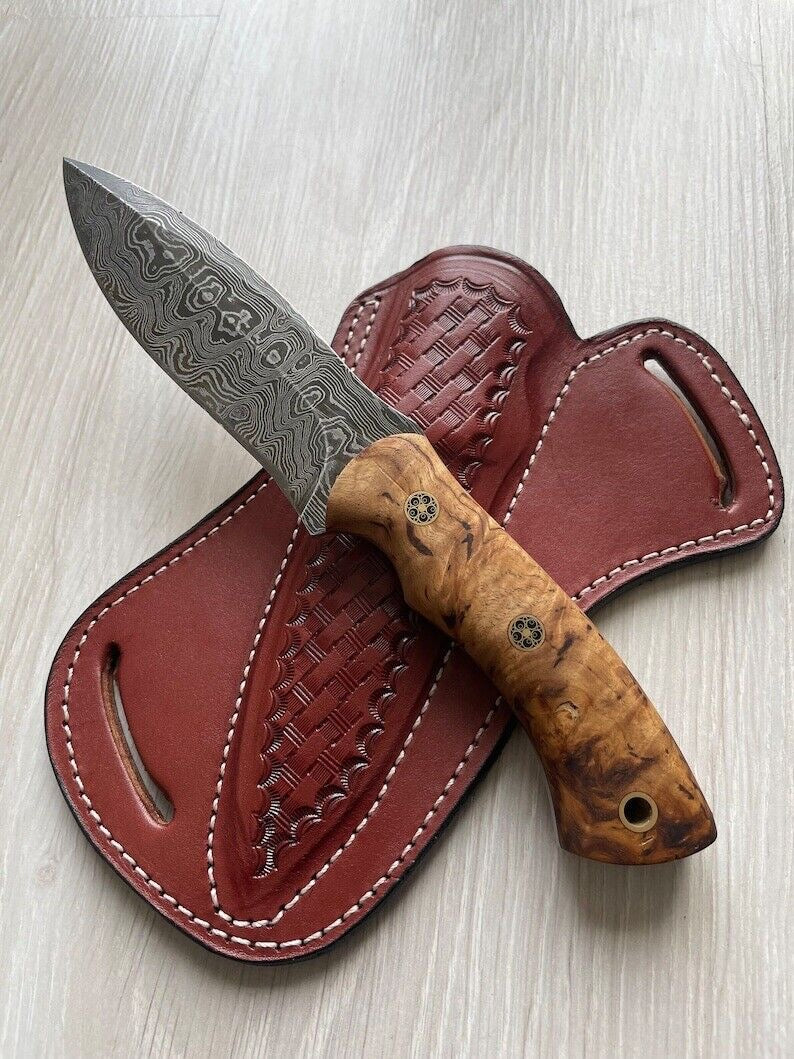
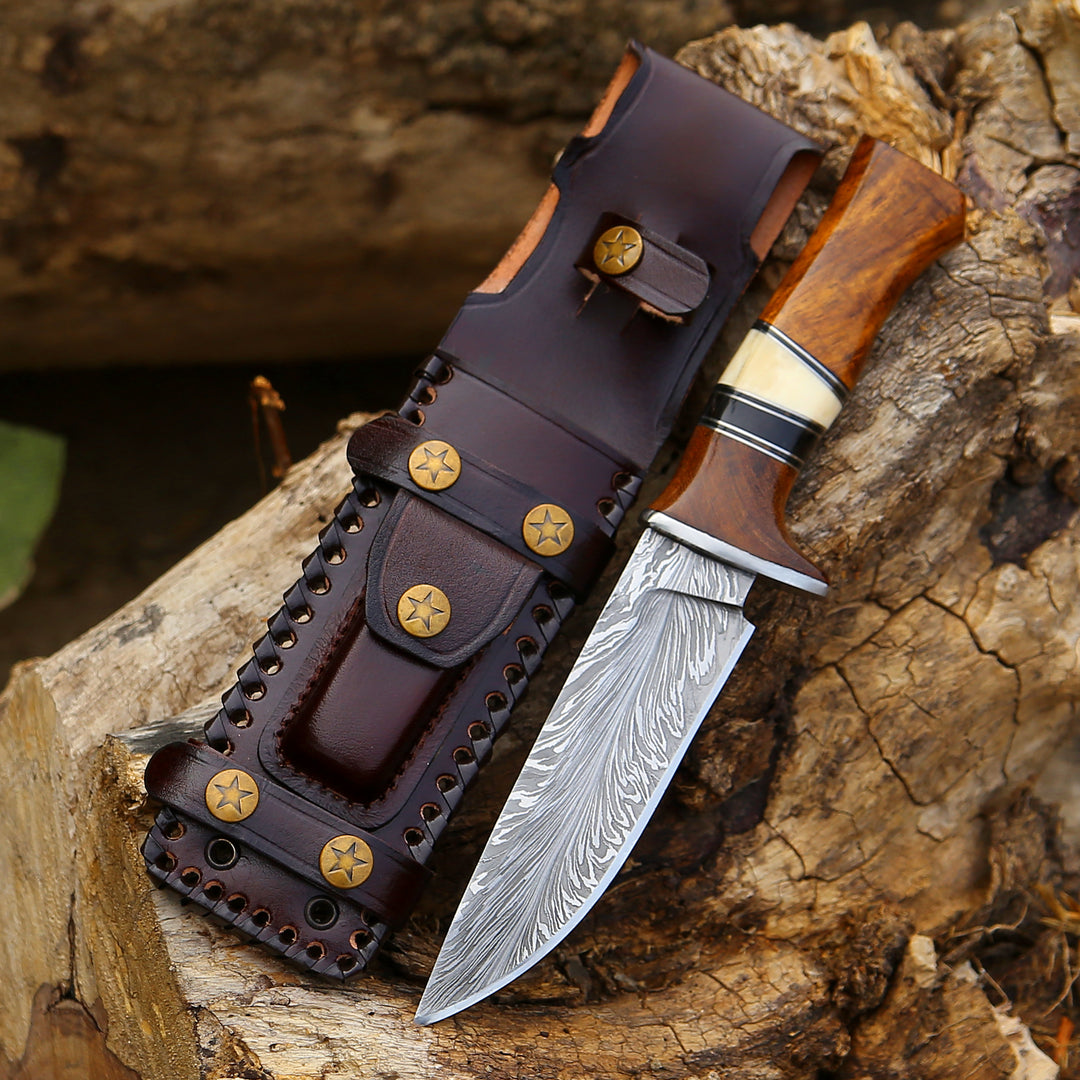
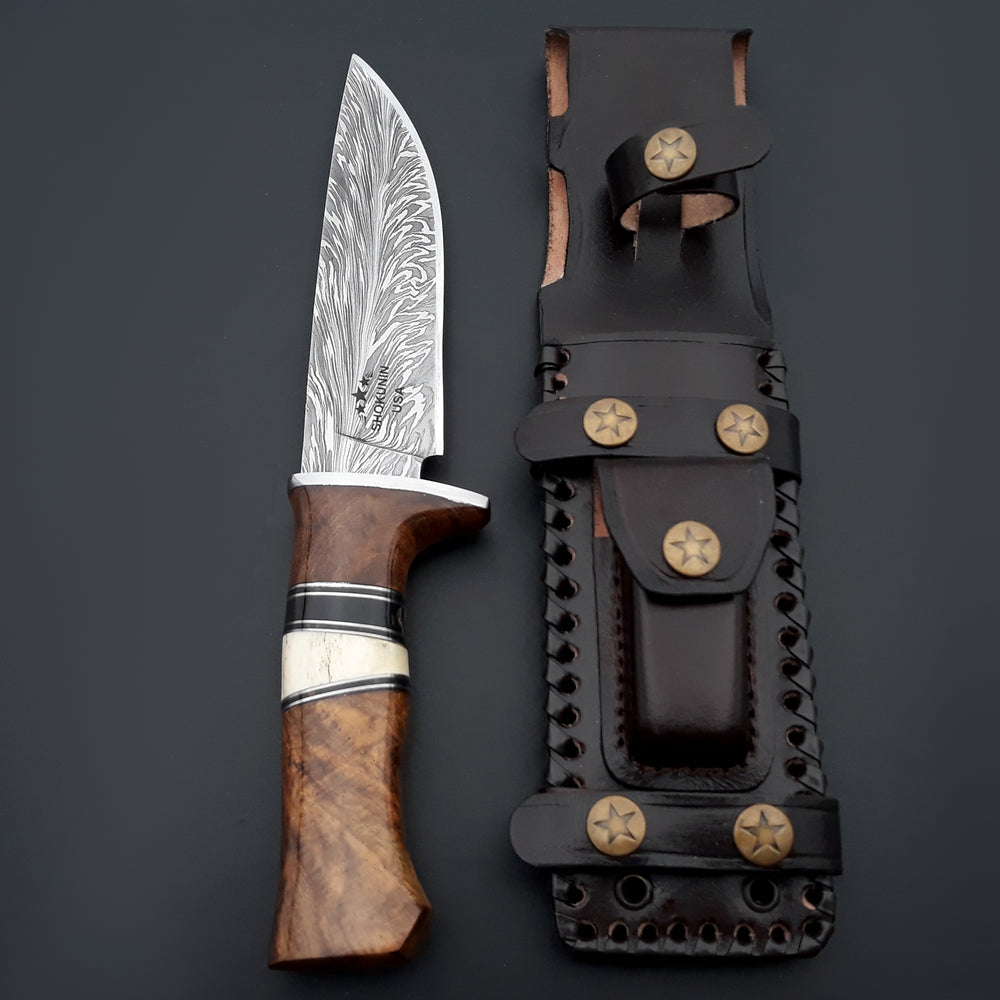
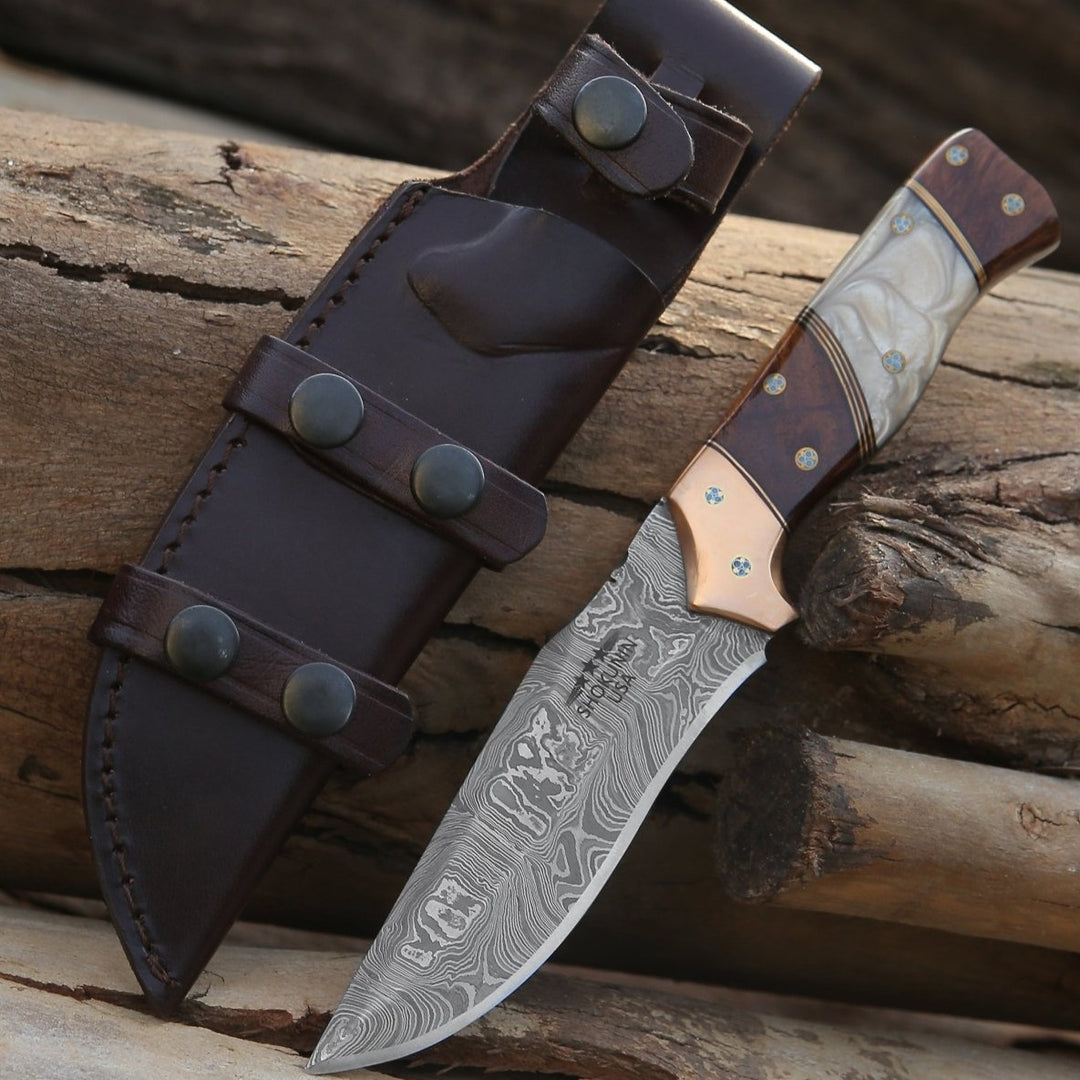
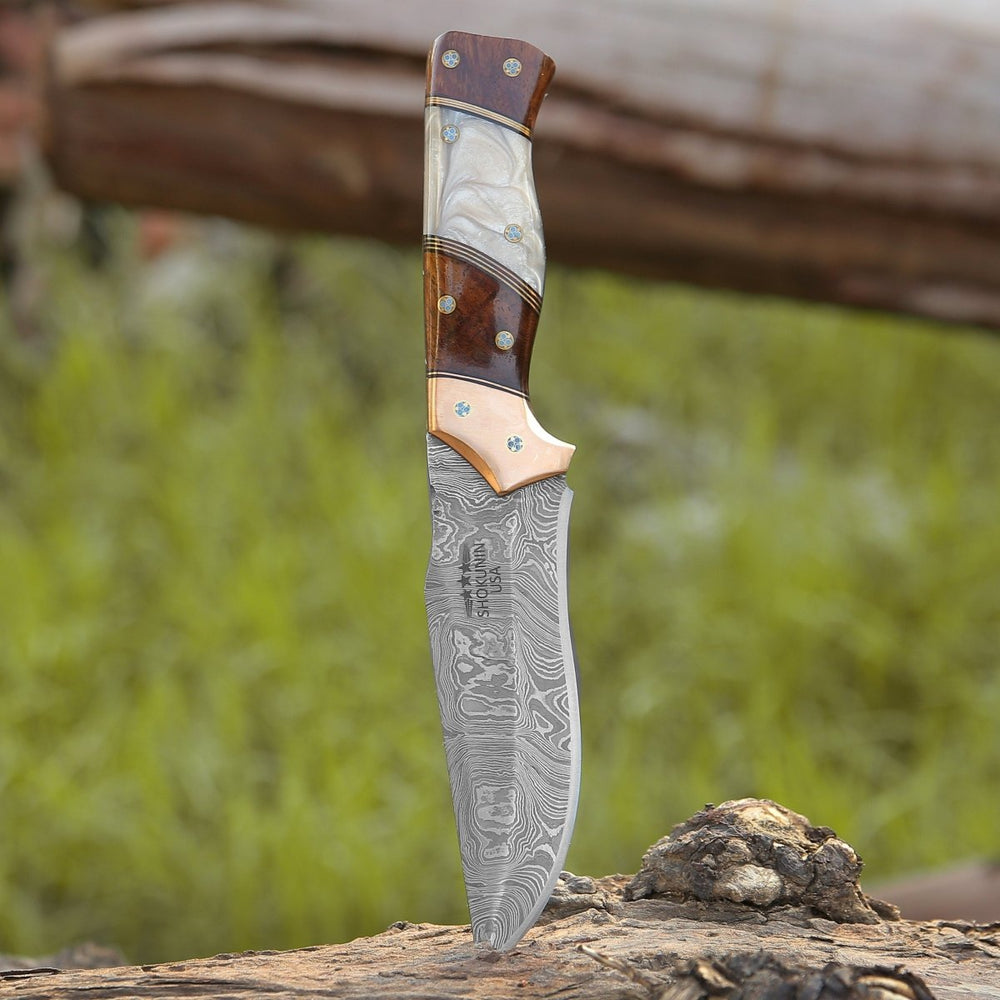
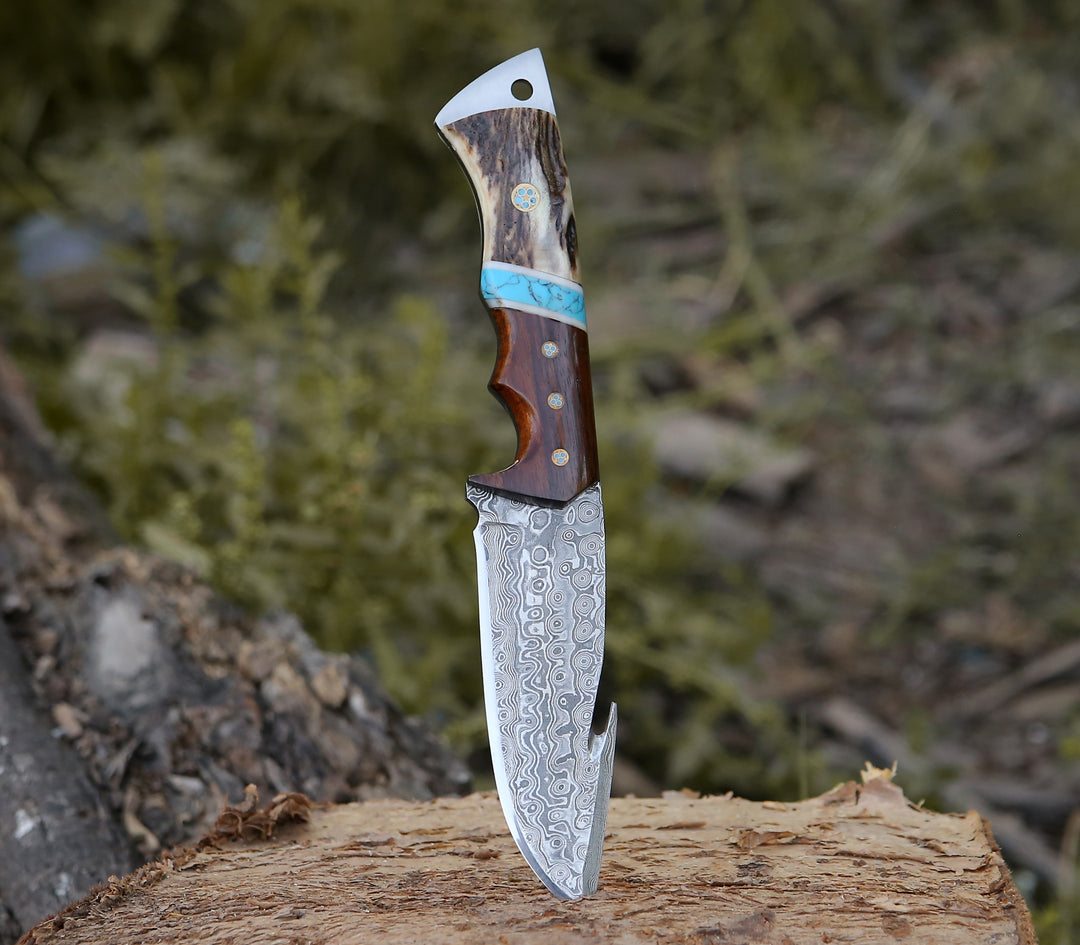
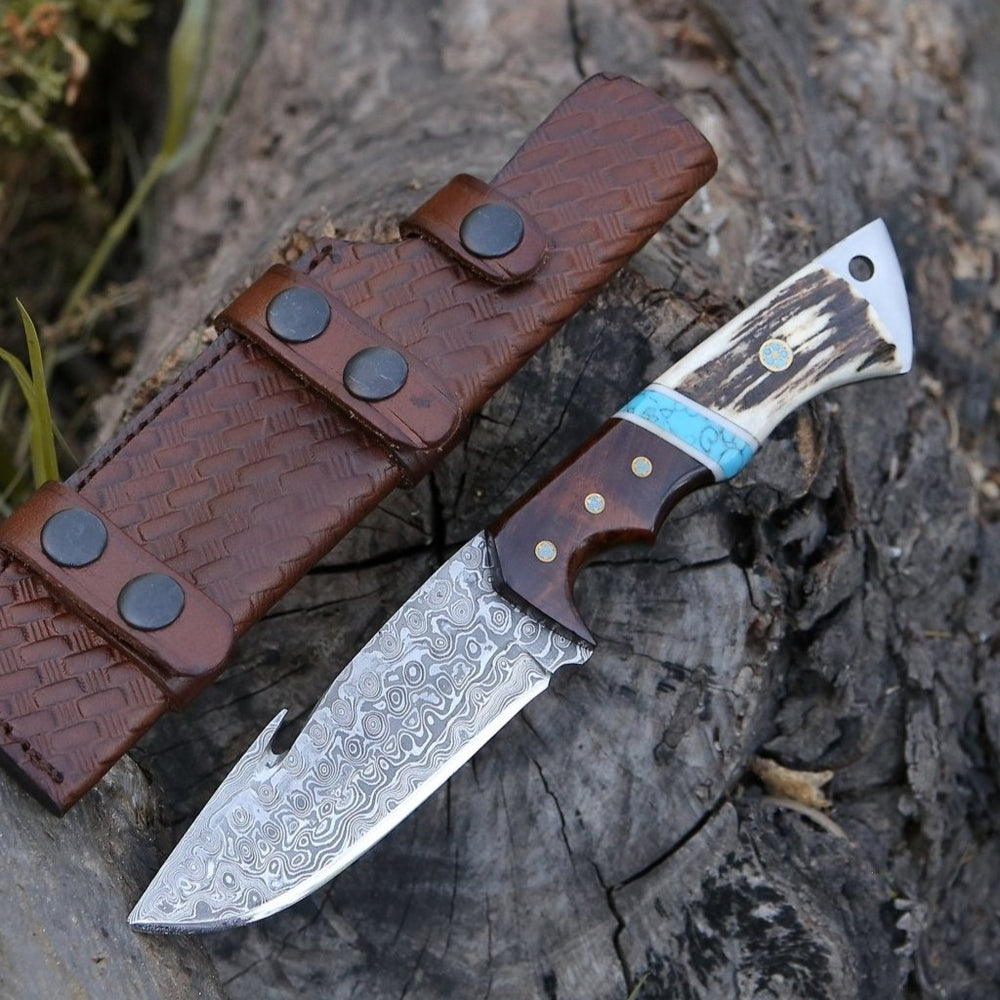
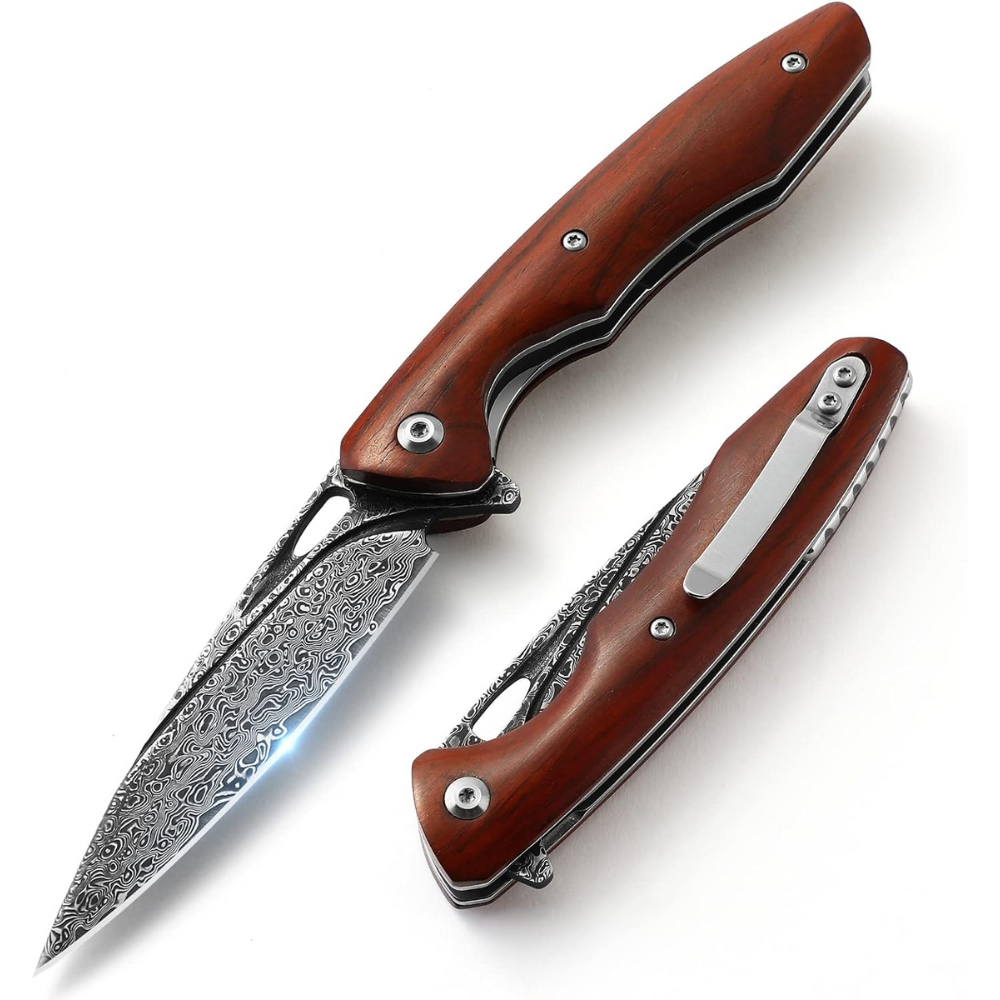
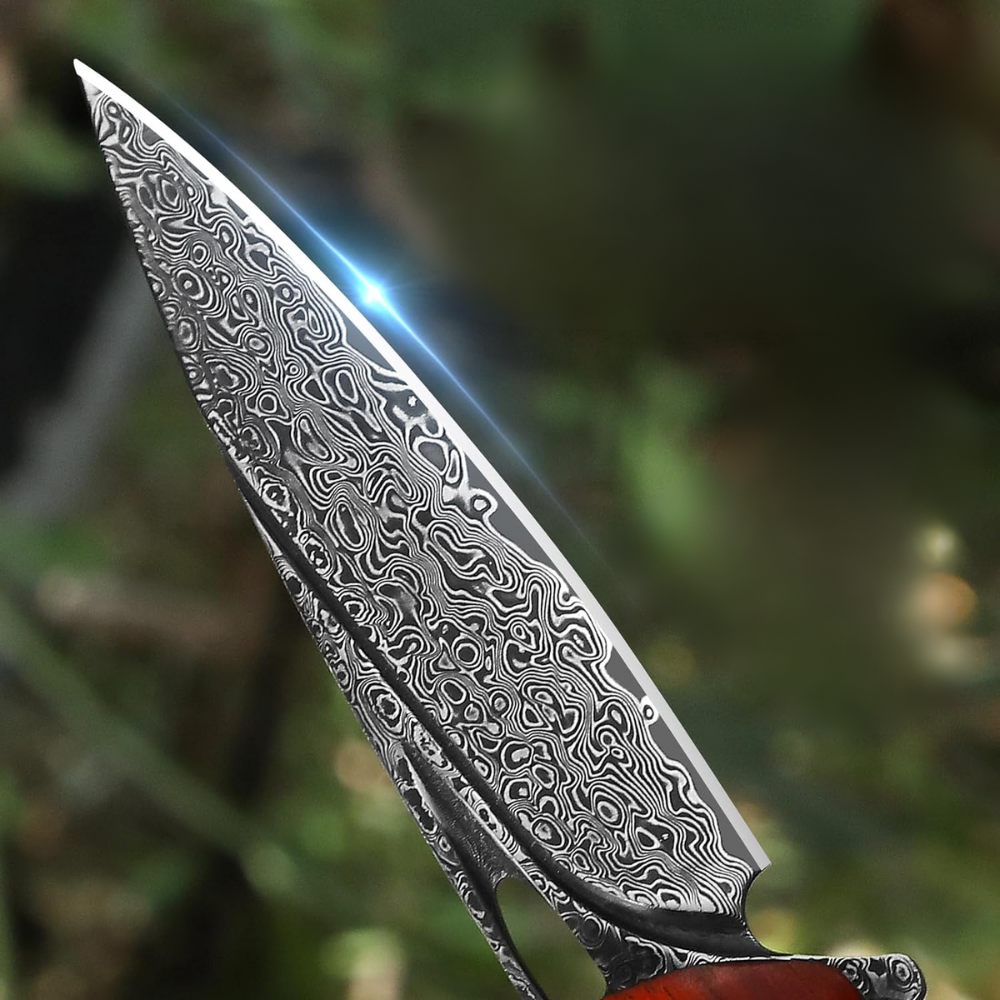
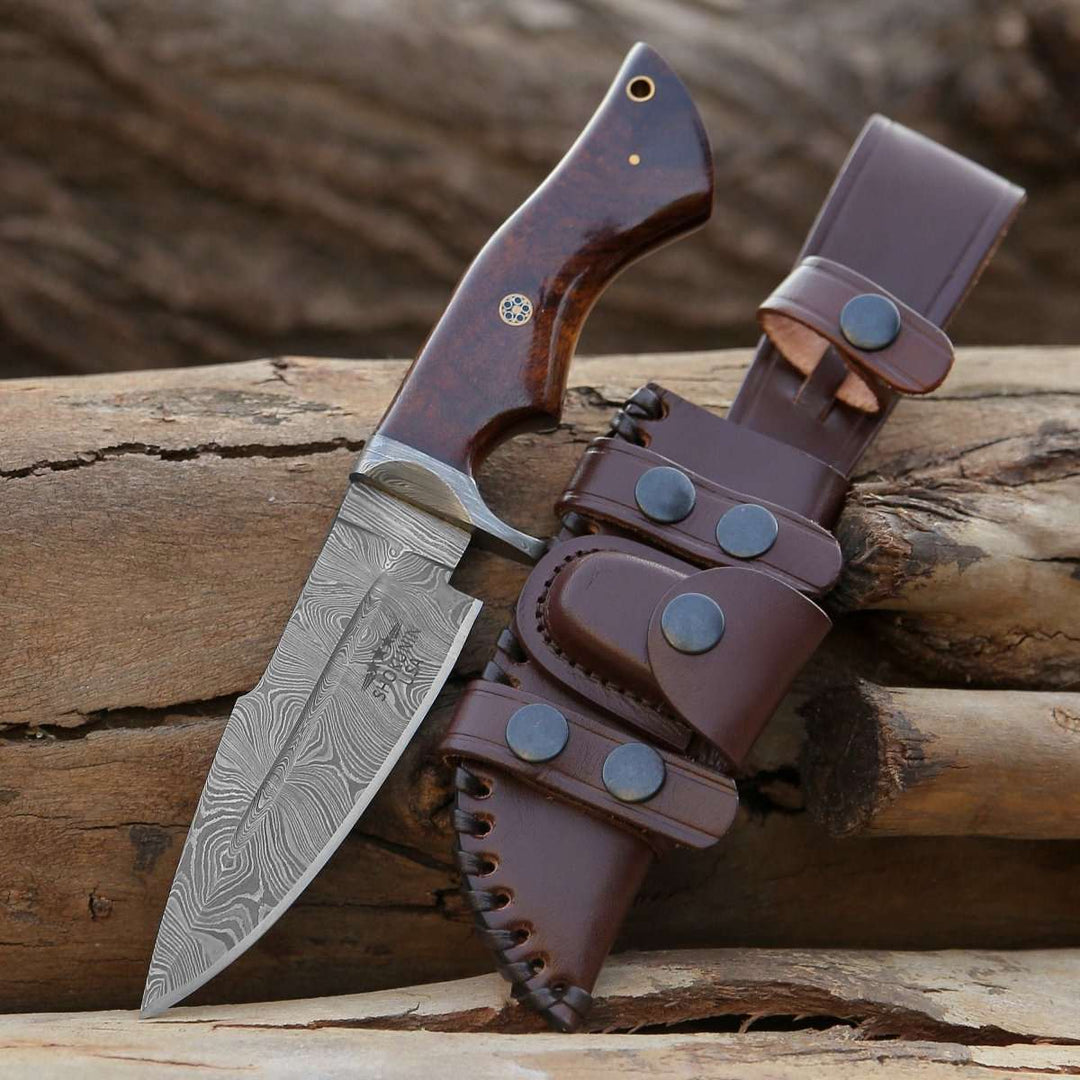
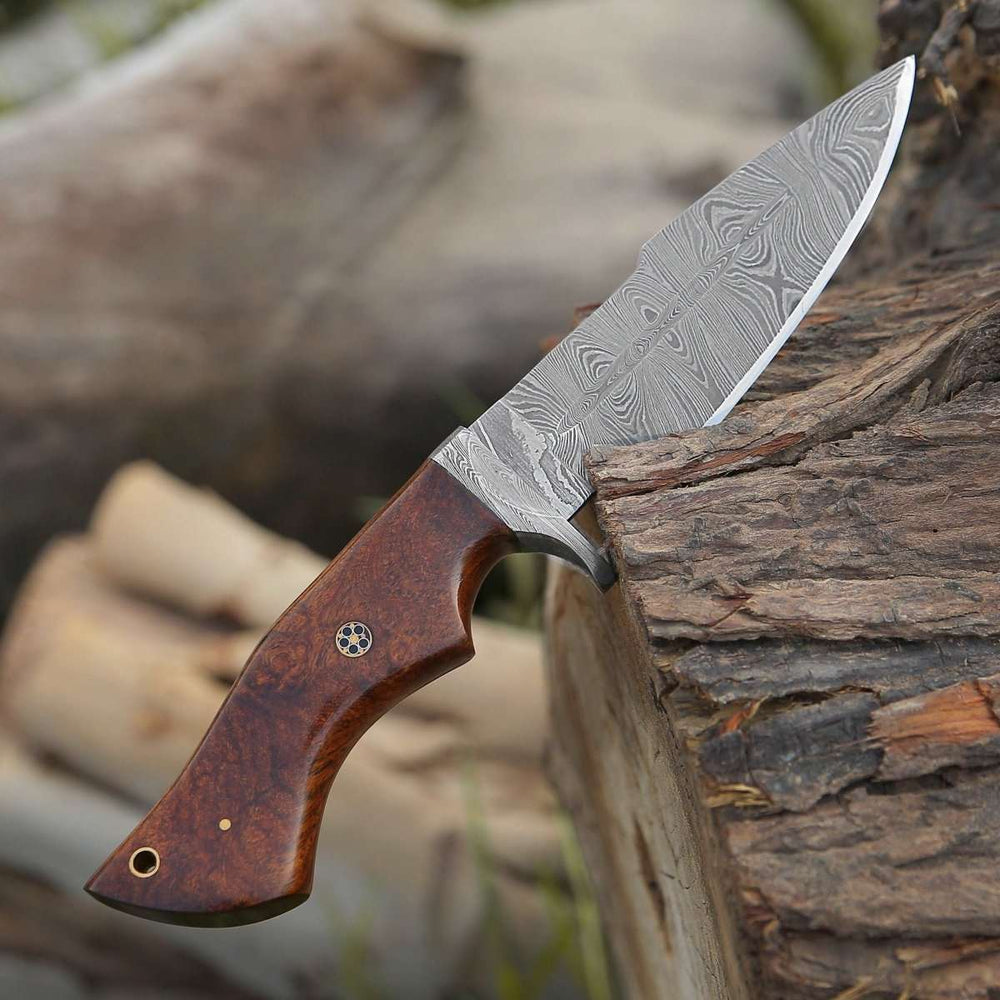
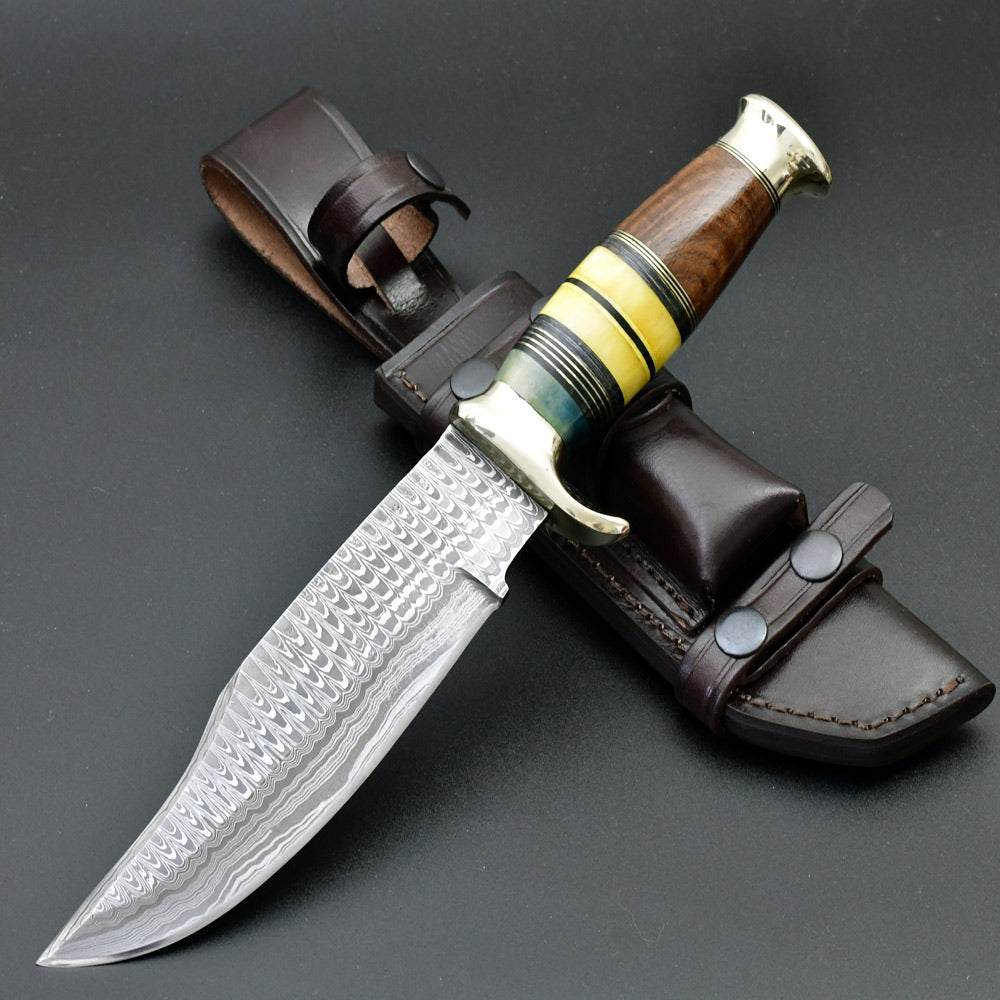
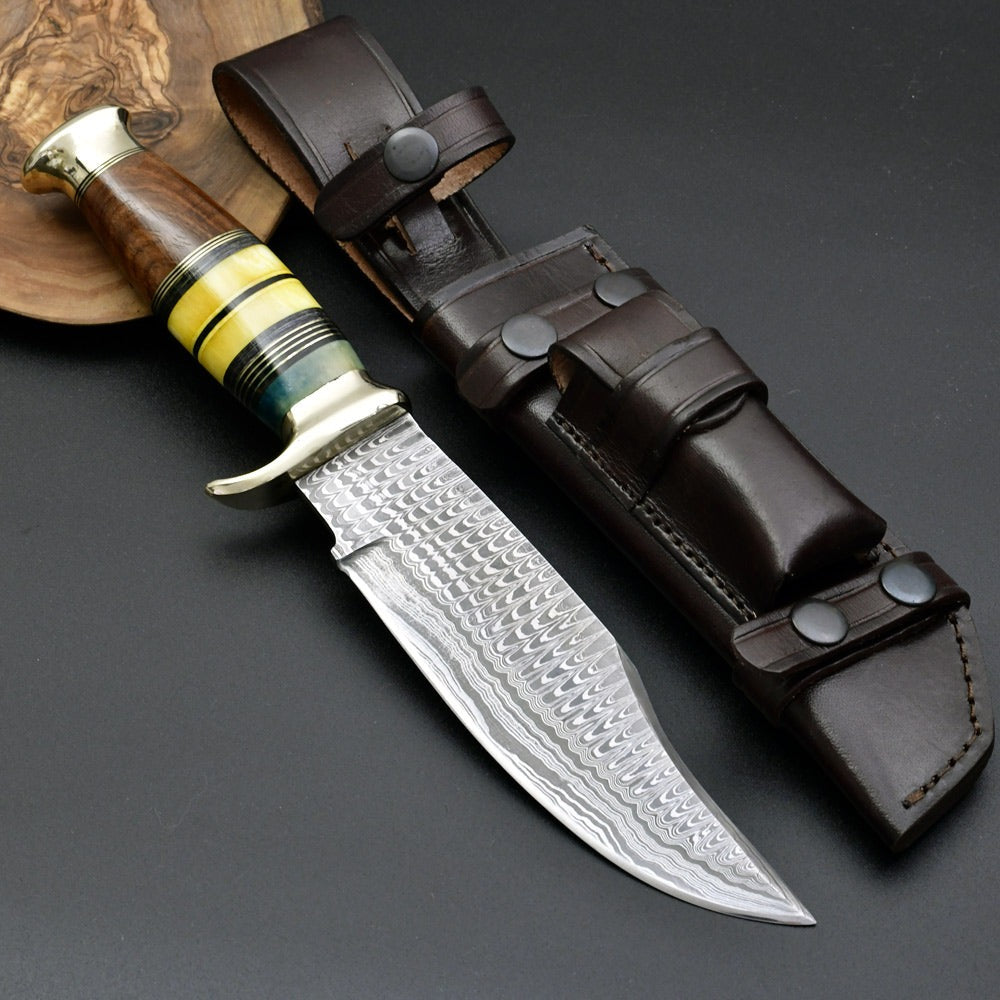
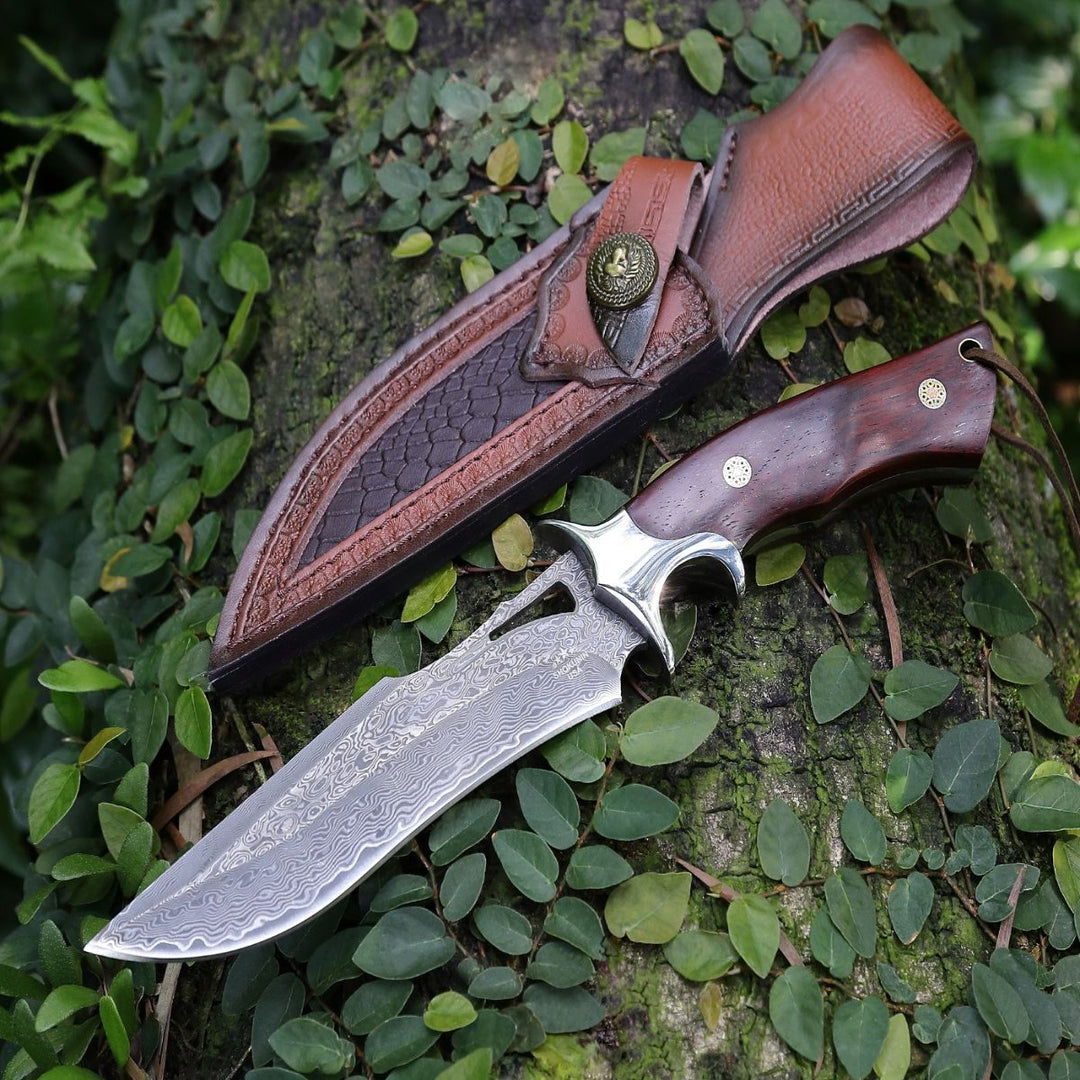
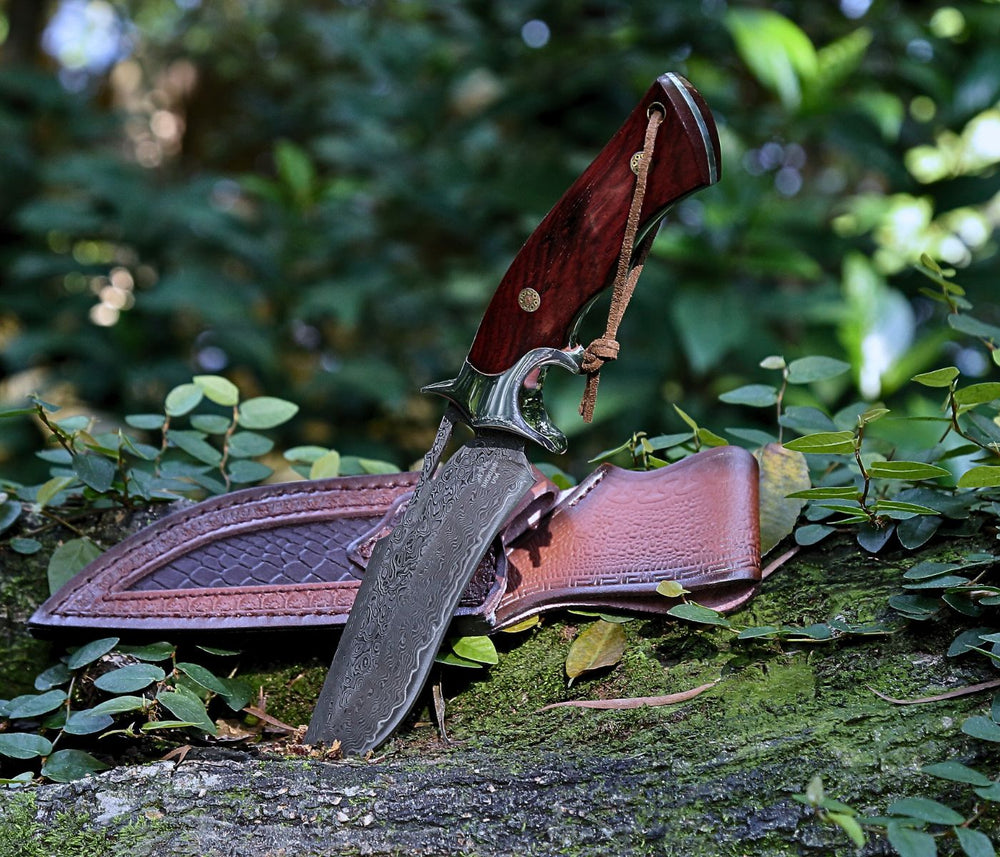
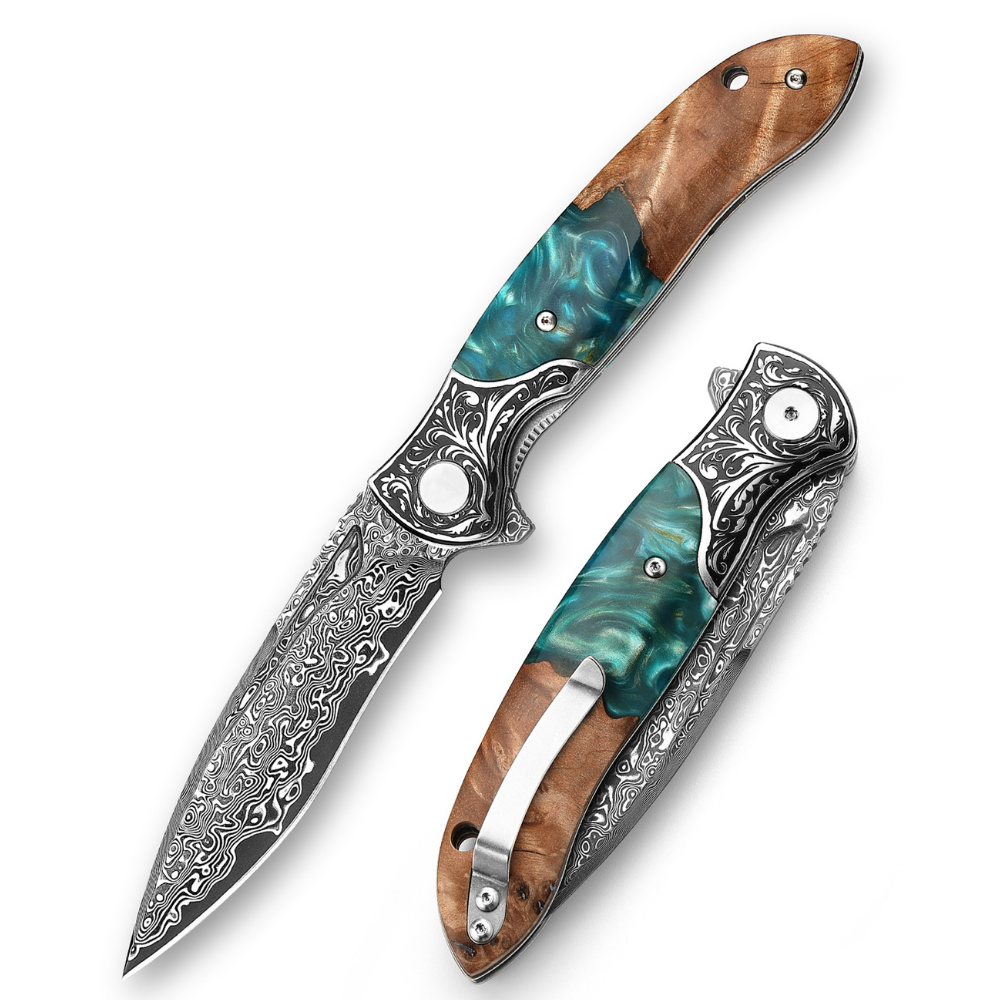
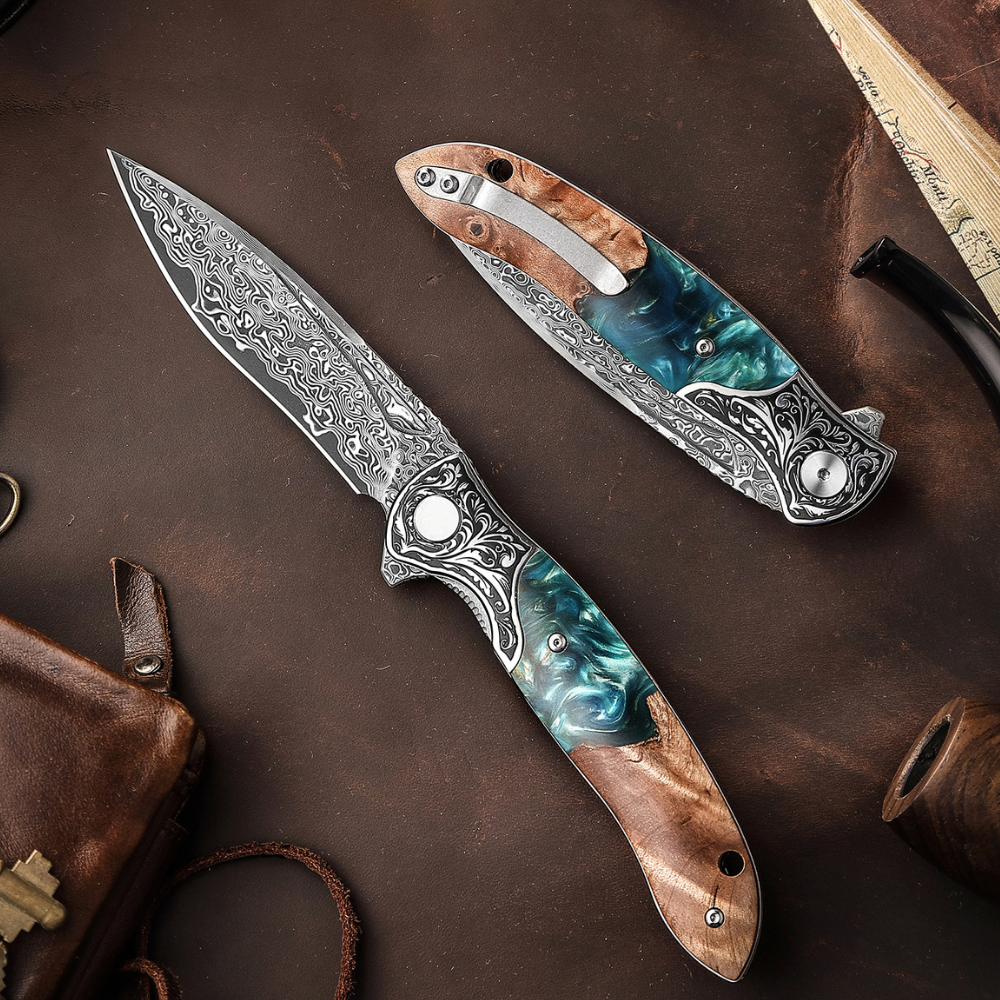
Leave a comment